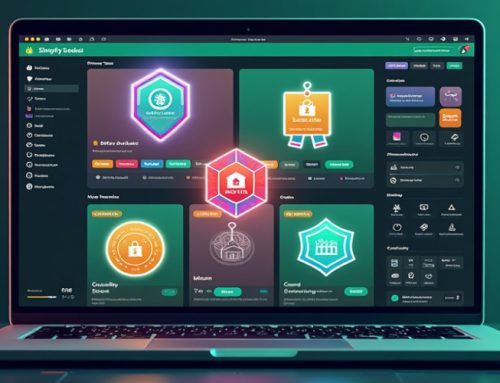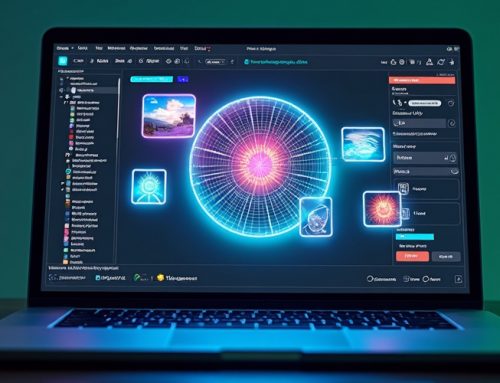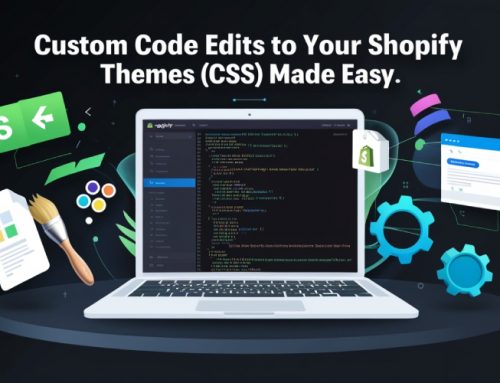How to Create Reusable Components with Shopify Liquid
Introduction
Working with templates and separately using Shopify liquid in a rational scheme improves the effectiveness and safety of the brand’s web theme. In this approach, what has greatly contributed to make the coding easier to manage and share is the utilization of snippet and section where by coding is divided into many parts so that it can easily be called where needed in the website. Below this text, you will find a complete guide on how to develop and utilize reusable components employing Shopify Liquid.
Understanding Reusable Components
Snippets: A collection of small, portable, and here-understood bits of code, located in the snippets folder, fit for repeating the related elements in various templates.
Sections: File located in the sections folder that defines portable and tweakable features that can be applied to construct complex and versatile interfaces in the Shopify backend.
Benefits of Reusable Components
Efficiency: Eliminates code duplication, making programming more efficient, and reducing the amount of repeated code.
Maintainability: Helps to make changes and modifications in many templates which are used in the organization at one place.
Customization: It also improves the organization’s capacity to design context-sensitive and interactive page arrangements.
Creating and Using Snippets
Creating a Snippet:
In this case, you will go to the snippets directory located in your Shopify theme.
Navigate back to snippets and create a new snippets which will be known as product-card.liquid
Add your reusable code. For example:
Using Shopify Sections
Procedure to creating a Section:
Go to section -> Create “featured-products.liquid“.
Define your section schema and content:
Using Sections
Copy the section to an existing page within the template like the theme.liquid:
Naming Conventions
This patch includes indicators to improve the results of snippets and sections and make them more meaningful and easy to understand and modify.
Document Your Code
Snippets and sections in Liquid are used to allow the user to store frequently used pieces of code and define new blocks of liquid code respectively.
Testing
When you create new web page layouts, integrate your reusable components, as well as the functionality of the mouse, hover on different web page layouts, and also implement on different devices.
Version Control
Versioning is one of the possible options to incorporate the work and divide themes into small fragments so that every change can be managed by using a version control system like Git.
Advanced Techniques
Dynamic Snippets and Sections
Use conditional logic, chunks and filters to enhance the capacity of the snippets and sections that you are designing.
Reusable Components Across Different Templates
Make optimum utilization of snippets and sections with different templates (like product, collection, blog, etc.) to maintain the unification of the look of the store.
Conclusion
Reusable Shopify snippets and sections are extremely helpful in making the work process smoother, more customizable, and easier to manage in the context of a Shopify store. The above-discussed components are the foundation for developing efficient mechanisms that make the Shopify theme highly flexible and responsive for users
Looking For Expert Shopify Development Services And Other Services Get In Touch













